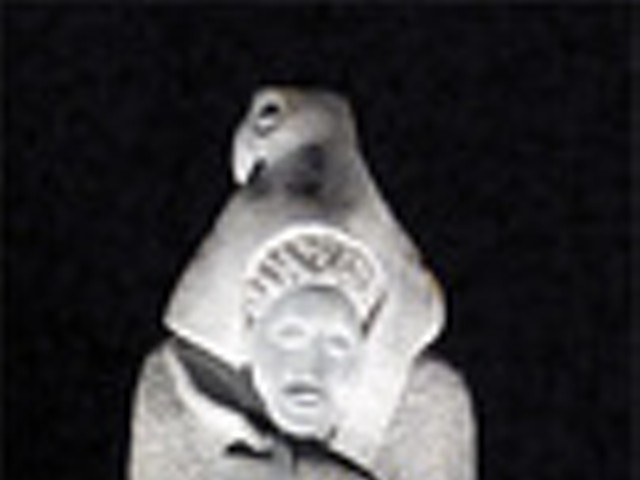Night & Day: Einstein's FBI file in the 1950s was more than 1,400 pages long, even though there was nothing incriminating. Do you think he'd be under similar suspicion today?
Walter Isaacson: I don't think the FBI now has the paranoia about former pacifists the way it did when J. Edgar Hoover ran it in the 1950s.
There's a lot of hanky-panky in the first third of the book -- Einstein's randy love letters to his first wife, then to his cousin, who became his second wife, and the letters about the illegitimate child he fathered in 1902.
There were more than 3,500 papers newly released in 2006. They give a glimpse of his personal struggles in 1915 as his marriage was breaking up and as World War I was raging and he was trying to come up with the general theory of relativity, which is one of the grandest theories in the history of science.
Einstein's second marriage, to his first cousin, gives a whole new meaning to the theory of relativity, doesn't it?
I'll let you make that joke. It's not a bad joke.
You've also written a biography of Benjamin Franklin. Who's smarter, him or Einstein?
I like looking at how people's minds work. Ben Franklin was wiser and at times had more common sense. But Einstein's mind was more creative, and he was the greater genius.
Could Einstein beat all-time Jeopardy! champion Ken Jennings?
Einstein would not do well [on Jeopardy!], because he always said imagination is more important than knowledge. He was given pop quizzes about facts and always said that wasn't the kind of information he kept in his mind. He understood how the speed of sound worked better than anybody else, but that wasn't the kind of thing he'd keep in his head.
Fri., May 4





